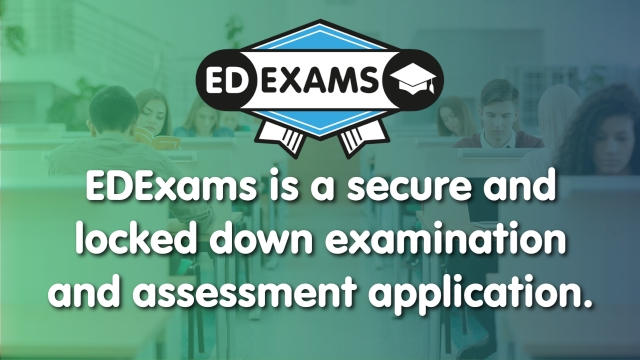As the world increasingly embraces online learning and exams, the potential for malpractice has also grown. While cheating has always been an issue in education, the anonymity and increased flexibility of online exams make it easier for students to gain an unfair advantage. If you suspect malpractice in an online exam, it’s important to know how to respond responsibly.
Identifying Suspicious Behaviour
Malpractice can manifest in various forms, ranging from subtle to blatant. Here are some key indicators that may suggest malpractice:
- Unusually fast or flawless performance: If a student completes the exam exceptionally quickly or demonstrates an uncanny ability to answer questions with perfect accuracy, it could raise suspicions.
- Excessive communication during the exam: If a student is constantly messaging or receiving messages during the exam it could suggest potential collaboration or access to unauthorised resources.
- Unusual activity on the student’s screen: If the student’s screen is constantly switching tabs or showing external applications, it could indicate they are using external sources for help.
- Inconsistent writing style or answer patterns: If the student’s responses exhibit a sudden change in writing style or consistent answers that deviate from their usual approach, it could suggest impersonation or collaboration.
Reporting Malpractice
If you suspect malpractice in an online exam, it is crucial to take action. Reporting suspected malpractice is not about accusing or penalising individuals; rather, it is about upholding the integrity of the exam process and ensuring a fair assessment for all students.
Here are the steps to report suspected malpractice:
- Document your observations: Gather evidence to support your suspicions, such as screenshots of unusual behaviour, screen recordings, or other relevant information.
- Confront the suspected student: If possible, privately and respectfully inquire about their behaviour during the exam.
- Contact the exam administrator: Inform the exam administrator or proctor of your observations and provide any supporting evidence.
- Follow institutional guidelines: Different institutions may have specific procedures for reporting suspected malpractice. Follow the guidelines provided by your educational institution.
Using a trusted online exam platform
EDExams can secure an online exam and takes great pride in providing a secure lock-down online examination service. EDExams provides live proctoring to ensure every candidate is completing their exam fairly. In addition to this, everything is recorded and monitored whilst evidencing the entire time a candidate takes an exam.
If you would like to learn more about how EDExams can assist you or your organisation call 01909 384090, send an email to mail@edexams.com or book a free online demonstration here.











